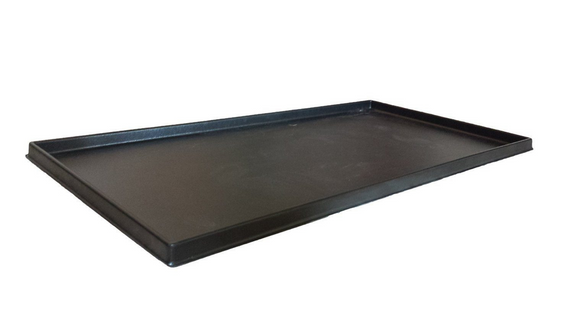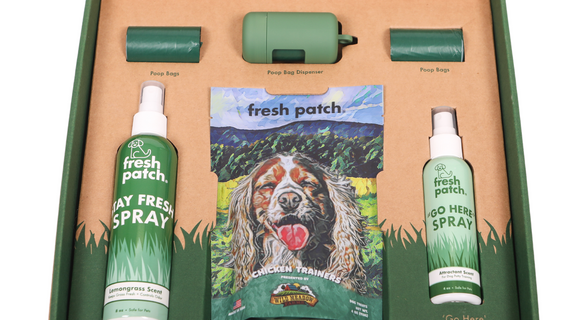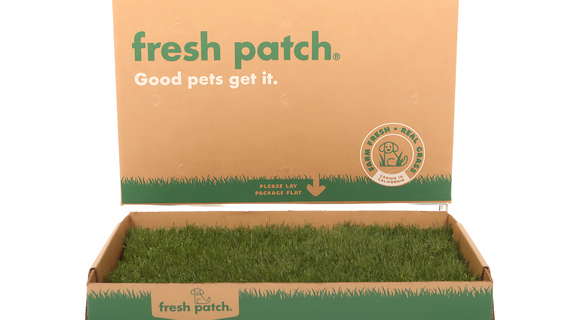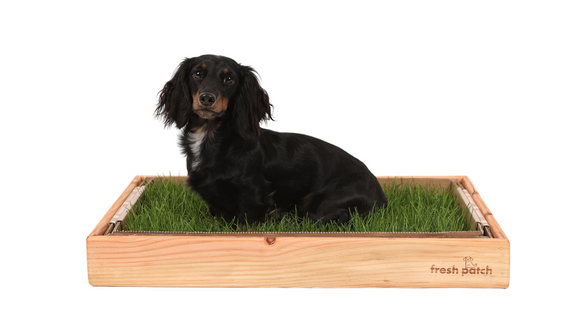Published
Allergy Season - For Your Dog!

It's not humans that suffer from allergies - your dog can suffer from them, too. If your pup is having allergy problems, it's best to know the signs, what can cause it, and what you can do to help them.
Types of Allergies:
Dogs can have the same type of allergies as humans. Here are a few your pup might suffer from:
- Seasonal Allergies - These allergies are usually caused by seasonal changes, temperature shifts, or an increase of pollen in the environment.
- Environmental Allergies - This include things like smoke, dust mites, fragrances, and mold spores.
- Flea Allergies - Many pets, including dogs, can have intense flea allergies. Not only will they bothered by flea bites, but their skin might break out in reaction to it.
- Digestive Allergies - Causing tummy issues instead of the sniffles, digestive allergies are typically caused by something in your dog's diet that they are allergic to.
Signs That Your Dog Has Allergies:
- Excessive licking - Keep an eye out for excessive licking that focuses on just a few spots. Licking indicates that they're itchy and they're trying to soothe themselves.
- Sneezing - Sneezing more than a few times a day is an indication that your dog is being irritated by something in the environment.
- Scratching - Is your dog constantly scratching themselves with their paws or scratching themselves against objects? If so, their skin is probably irritated.
- Watery/Goopy Eyes - If your dog has excessive eye boogers or their eyes are very wet, they might be having an allergic reaction.
- Red Skin - Red skin, or even scabbed skin, can signal an inflammatory allergic reaction.
- Vomiting and/or Diarrhea - Vomiting can indicate digestive allergy, as can diarrhea.
What Can I Do?
- Special Shampoos - Soothing dog shampoos will help calm your dog's skin, which can provide some relief from the itching. While it might not treat the root of the problem, it will help relieve the symptoms.
- Medications - A small amount of Benadryl (check with your vet before trying this, please!) might help relieve some of your dog's allergy symptoms, but it's not guaranteed.
- Avoidance - This might be easier said than done, of course, but if you've pinpointed the source of your dog's allergies, try to avoid it. If they're irritated by pollen, limit their time outside (and make use of that Fresh Patch!).
- Clean Regularly - If your dog is irritated by dust or other household allergens, be sure to vacuum regularly as well as wash their bedding.
- Flea and Tick Medicine - Ensure that you're staying up to date on your dog's flea medication, as this will help prevent fleas from hopping onto them in the first place.
- Diet Change - If your dog is having a lot of tummy issues that might indicate an allergy, try changing their food and finding something with completely different ingredients. Sensitive stomach food might also help your dog.
Good luck on allergy season - to you and your pup!
Avoid potty accidents.
Make your dog's potty time hassle-free with Fresh Patch. REAL, farm-grown grass pads that are disposable and delivered right to your door!






